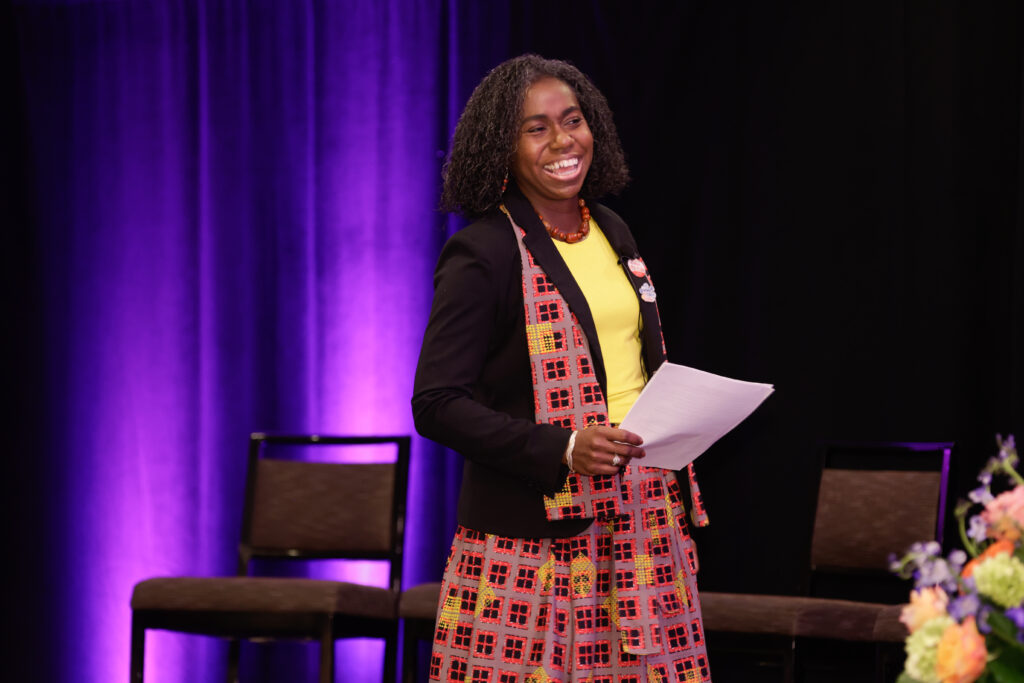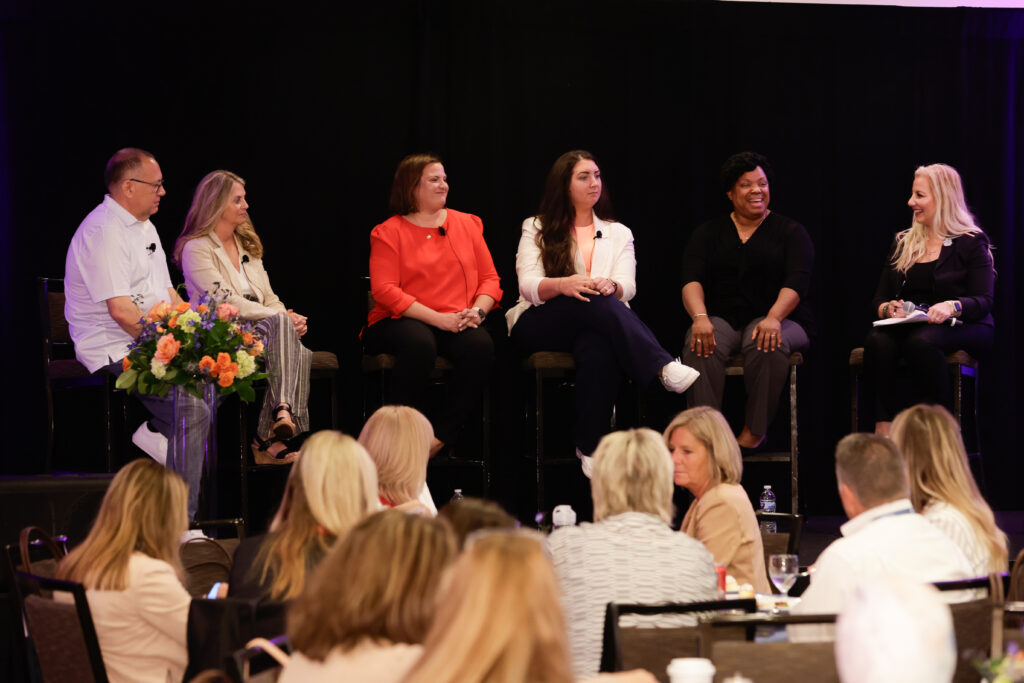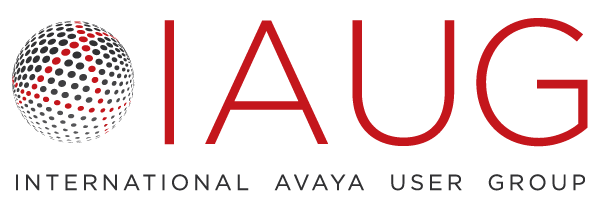First in a series
Sonya Jackson remembers starting her career as a technician back in 1984. “I drove to the installation site and met the team in the switch room, but that was ignored,” she said. “Fortunately, one of the men on the job taught me the ropes, from cutting a jack to testing telephones. Later on, I had to ask for an opportunity to put my first PBX together, as my boss expected me to fail. Again, I learned from an ally, and after the cutover, my team said, ‘you earned our respect.’ But that’s something I should have had from the beginning.”
Jackson, who is now telecom support manager, Parallon Business Communications, is far from the only woman who has faced steep challenges in her technical career. But her experience points to the importance of speaking up for oneself and being willing to take a risk when a new opportunity arises.
That was a key theme shared by Jackson and several other panelists at the first of three IAUG Women in Technology (WIT) sessions at Avaya ENGAGE 2023 in Orlando. Adriane Davis, IAUG board member, hosted the Monday session on “Conflict in the Workplace,” with Linda Ferrari, senior director of human resources, Avaya, serving as moderator.

Changing the culture
Ferrari kicked off the discussion by asking the panelists about their thoughts on changing the culture in technology organizations. “For many years, I have seen how women in IT have been treated differently than the guys, and the stories I hear are terrifying,” said IAUG board member Scott Burns, telecom engineer, California Coast Credit Union. “Now, I’ve made it my mission to work for more equal treatment in the workplace, as men need to be part of this discussion.”
Julie Johnson, executive education, vertical director, Avaya, is also committed to building a culture where gender doesn’t matter – just being good at the job. “I look at the leadership at the top to see if there is a blend of men and women,” she said.
IAUG board member Mackenzi Eisman worked in the software field before Global Payments as manager of telecommunications. “I told them I don’t have the technical knowledge, but will be the hardest working woman on your team,” she said. “Now, I have learned so much, thanks to the support and validation I have received.”
Colleen Jamieson, IAUG executive director, said it’s not just men who can create a toxic workplace culture. “In my first job, I worked for a group of women who knew how to bully,” she said. “I left that unsafe environment and learned what I didn’t want to be in a manager. Instead, I want both men and women to feel empowered at work, let failure be okay and help people make positive changes in their lives.”
Building a culture of inclusion
Building a culture of inclusion can benefit organizations by making leaders aware of different perspectives, said the panelists. “You never know what someone can bring to the table, unless you let them in,” said Eisman. “And no voice should be louder than the others.”
Jamieson suggested looking for ways to lower the barriers that keep women and other under-represented groups from being engaged contributors to the workforce. “You have to listen to what they tell you, and be patient when making changes to the culture,” she added.
Both Johnson and Burns recommended taking an intentional approach to diversity, equity and inclusion, such as creating support groups throughout the organization.

Career advice
At the end of the panel, Ferrari asked each panelist for a bit of advice for women early in their careers. Here are their suggestions:
• “Believe in yourself and persevere.” (Jackson)
• “Be curious all the time and ask questions.” (Burns)
• “Be comfortable being uncomfortable.” (Jamieson)
• “Don’t worry about checking all the boxes for a new job. Just go for it.” (Johnson)
• “Push yourself. You never know what you can do until you try.” (Eisman)
WIT Post-ENGAGE Meet Up
Date: Wednesday, July 26, 2023
Time: 1:00 p.m. – 2:00 p.m. CT
